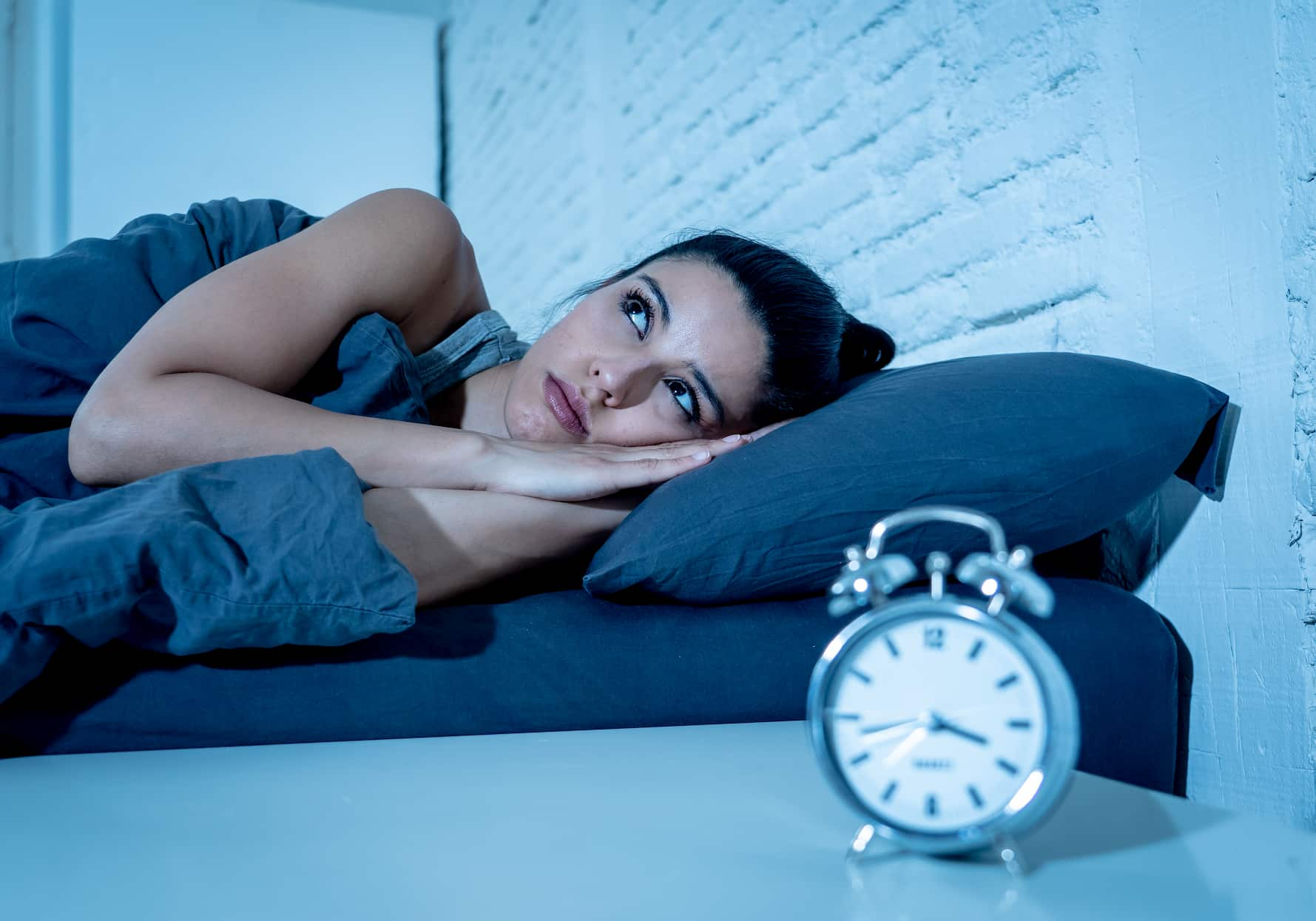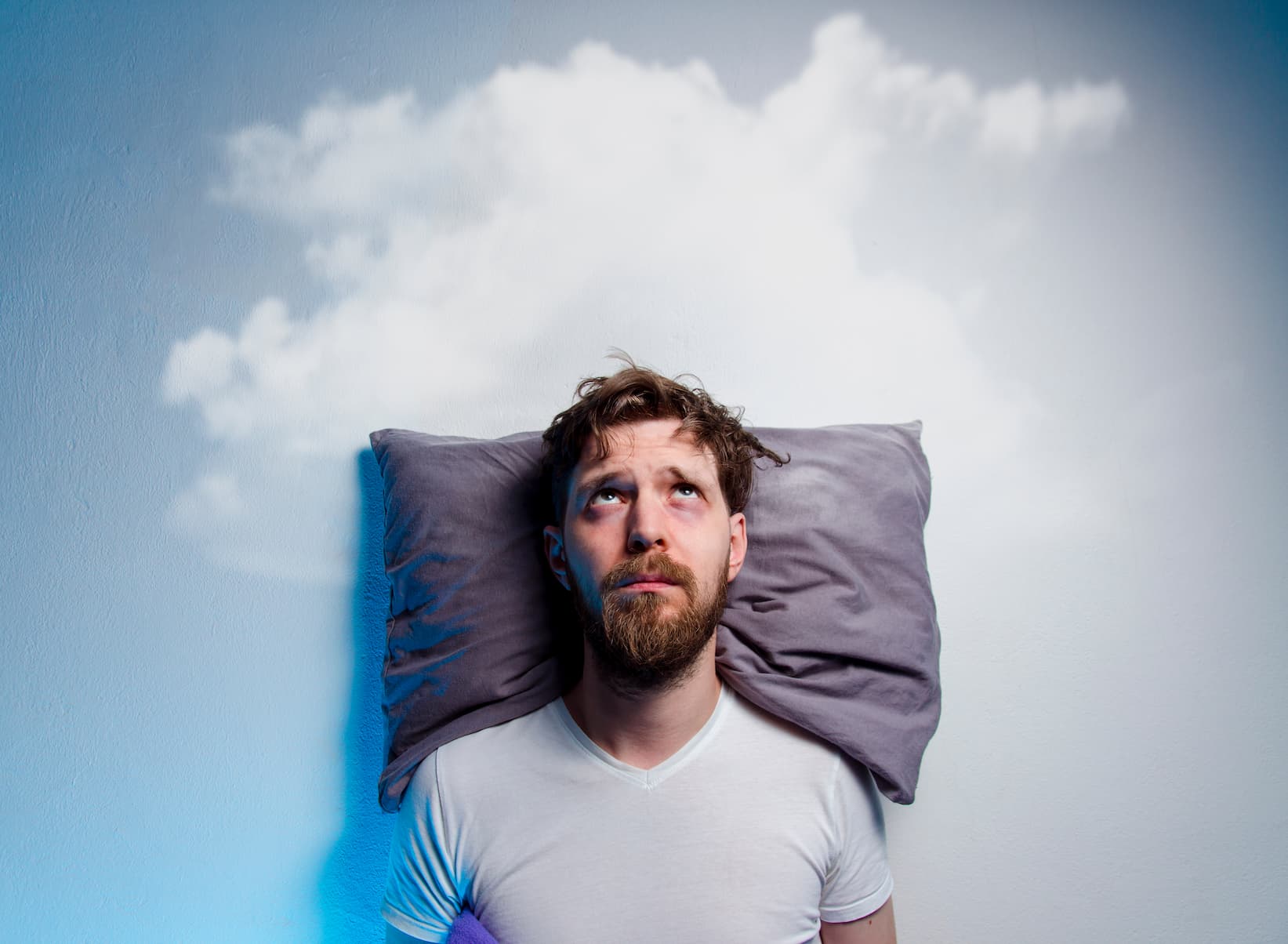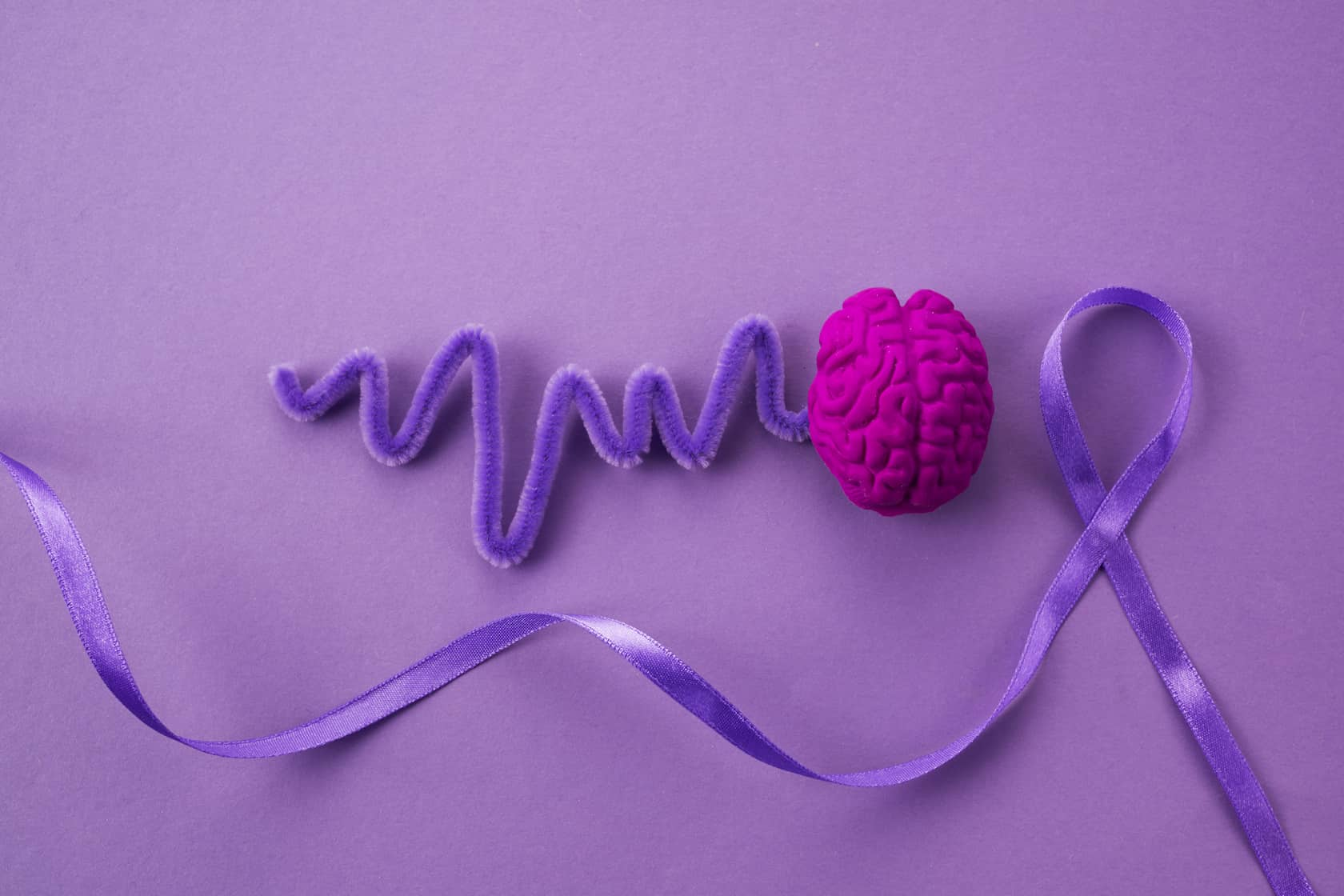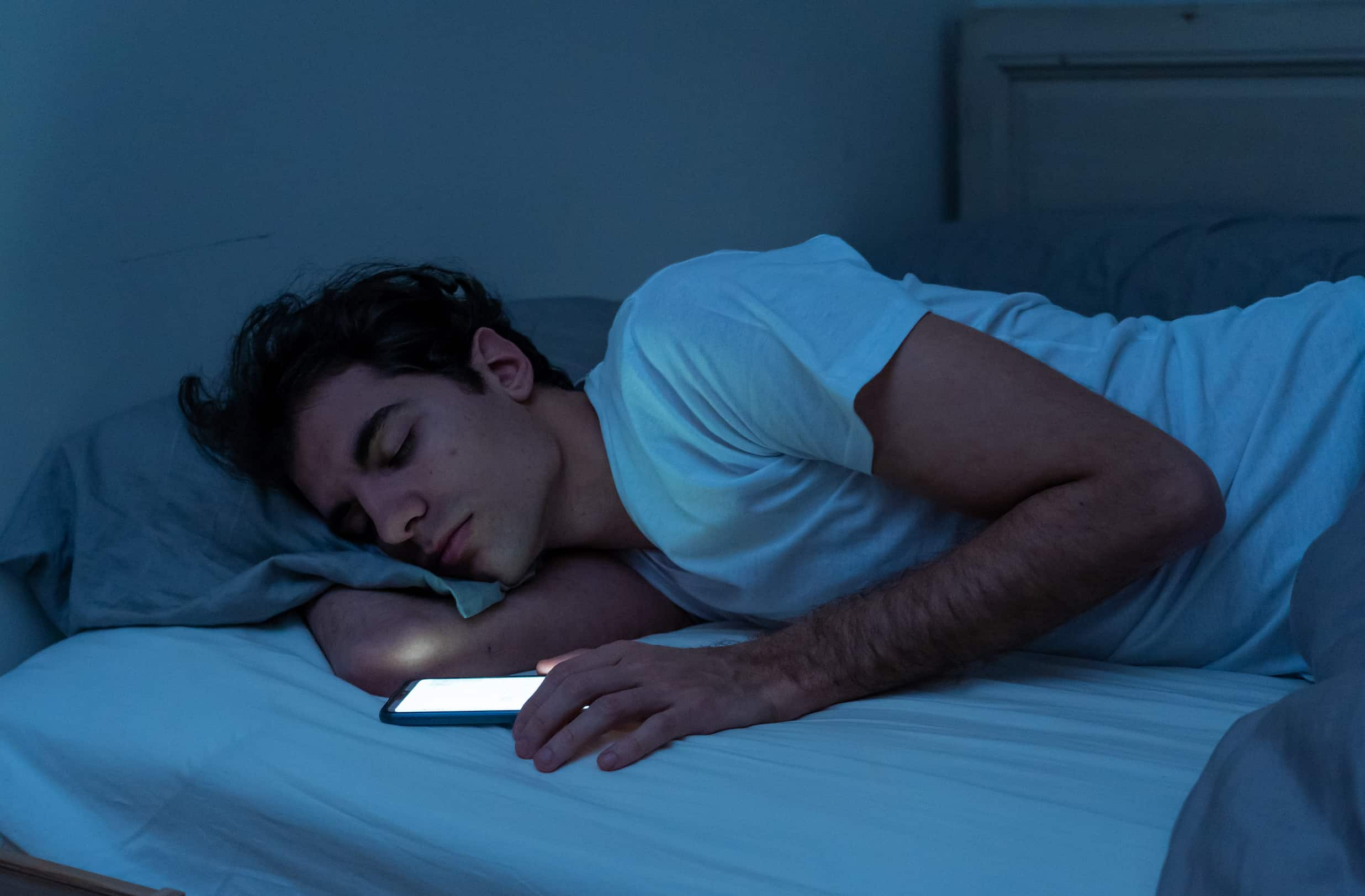
Sleep with Insomnia
Insomnia is a condition that affects millions of people worldwide. It is characterized by difficulty falling or staying asleep, waking up too early, or feeling unrefreshed upon waking. Insomnia can be acute or chronic, and it can be caused by a variety of factors, including stress, anxiety, depression, and medical conditions. Regardless of the cause, insomnia can have a significant impact on a person’s quality of life, making it difficult to concentrate, stay alert, and function during the day. Fortunately, there are several things that you can do to sleep better with insomnia.
What Is Insomnia?
Insomnia is a sleep disorder that affects millions of people worldwide. It is characterized by difficulty falling asleep, staying asleep, or waking up too early and feeling unrefreshed. Insomnia can be acute, meaning it lasts for a short period, or chronic, meaning it persists for months or even years. It can be caused by a variety of factors, including stress, anxiety, depression, medical conditions, or certain medications.
Insomnia can have a significant impact on a person’s quality of life, making it difficult to concentrate, stay alert, and function during the day. Insomnia is classified into four types: onset insomnia, maintenance insomnia, early morning awakening, and non-restorative sleep. Onset insomnia is when you have difficulty falling asleep at the beginning of the night, while maintenance insomnia is when you have difficulty staying asleep throughout the night. Early morning awakening is when you wake up too early and are unable to go back to sleep, and non-restorative sleep is when you wake up feeling unrefreshed and tired. Insomnia can affect people of all ages, but it is more common in older adults and women.
Fortunately, there are several things that you can do to improve your sleep and manage insomnia. These include sticking to a sleep schedule, creating a relaxing bedtime routine, avoiding stimulants, exercising regularly, creating a comfortable sleep environment, limiting screen time before bed, practicing relaxation techniques, and seeking professional help if necessary. By incorporating these strategies into your routine, you may find that you start to sleep better and feel more rested during the day.
Types of Insomnia
Types of Insomnia are the four categories in which this sleep disorder can be classified. Insomnia is the difficulty in falling asleep or staying asleep, which can cause exhaustion and a feeling of unrefreshment upon waking. Knowing the different types of insomnia can help diagnose and treat the disorder better.
Onset insomnia is when an individual struggles to fall asleep at the beginning of the night. This is the most common type of insomnia and can be caused by stress, anxiety, or environmental factors. Often, the individual will lay in bed for hours, unable to relax and fall asleep.
Maintenance insomnia is when an individual wakes up during the night and struggles to go back to sleep. This type of insomnia can be caused by medical conditions, such as sleep apnea, restless leg syndrome, or certain medications. It can also be brought on by stress or anxiety, making it difficult to stay asleep throughout the night.
Early morning awakening is when an individual wakes up earlier than planned and is unable to go back to sleep. This can be caused by medical conditions, such as depression or anxiety, or by lifestyle factors, such as caffeine or alcohol consumption. Individuals with early morning awakenings often feel tired and unrefreshed, affecting their daily activities.
In conclusion, understanding the different types of insomnia is essential in diagnosing and treating this sleep disorder. Each type of insomnia has unique causes and symptoms, and knowing the differences can help determine the best course of treatment for an individual.

Tips for Sleep with Insomnia
If you are struggling with insomnia, there are several things that you can do to improve your sleep:
Stick to a sleep schedule: Go to bed and wake up at the same time every day, even on weekends. This can help regulate your body’s sleep-wake cycle.
Create a relaxing bedtime routine: Take a warm bath, read a book, or listen to calming music before bed to help your mind and body relax.” please continue from here Avoid stimulants: Avoid caffeine, nicotine, and alcohol, especially in the evening or close to bedtime, as they can interfere with sleep.
Exercise regularly: Regular physical activity can help you fall asleep faster and improve the quality of your sleep. However, avoid exercising too close to bedtime, as it can increase your alertness and make it harder to fall asleep.
Create a comfortable sleep environment: Make sure your bedroom is cool, quiet, and dark. Use comfortable bedding and invest in a good mattress and pillows.
Limit screen time before bed: The blue light emitted by electronic devices can disrupt your sleep-wake cycle. Avoid using electronic devices before bed or use blue light filters.
Practice relaxation techniques: Deep breathing, progressive muscle relaxation, and visualization techniques can help you relax and fall asleep faster.
Seek professional help: If your insomnia persists despite making these changes, seek professional help from a doctor or sleep specialist. They may recommend medication, cognitive-behavioral therapy, or other treatments.
Remember, improving sleep habits takes time and effort. Be patient and persistent in your efforts to improve your sleep, and you may find that you start to sleep better and feel more rested during the day.
The Study of Sleep with Insomnia
For instance, a recent study published in the Journal of Sleep Research examined the effectiveness of cognitive-behavioral therapy (CBT) in treating insomnia. The study found that individuals who participated in CBT sessions reported significant improvements in their sleep patterns and reduced symptoms of insomnia when compared to those who did not receive therapy. This highlights the importance of seeking professional help, as CBT can be an effective approach to managing insomnia.
Other Strategies for Sleep with Insomnia
In addition to the tips mentioned above, there are other strategies that you can try to help manage your insomnia:
Keep a sleep diary: Keeping a record of your sleep habits, including what you do before bed and how well you sleep, can help you identify patterns and make changes accordingly.
Practice good sleep hygiene: In addition to sticking to a sleep schedule and creating a relaxing bedtime routine, practicing good sleep hygiene includes things like avoiding naps during the day, avoiding large meals before bedtime, and using your bed only for sleep and sex.
Consider alternative therapies: Some people find that alternative therapies such as acupuncture, massage, or aromatherapy can help improve their sleep.
Manage stress: Stress and anxiety can make it difficult to fall asleep or stay asleep. Strategies such as mindfulness meditation, yoga, or talking to a therapist can help you manage stress and improve your sleep.
Avoid clock watching: Watching the clock can increase anxiety and make it harder to fall asleep. Instead, try to focus on relaxation techniques and trust that your body will eventually fall asleep.
Insomnia can be a frustrating and exhausting condition, but with patience and persistence, it is possible to improve your sleep habits and get the rest you need. If you are struggling with insomnia, try incorporating some of these strategies into your routine and consulting with a healthcare professional at Healthy Türkiye if your symptoms persist.




